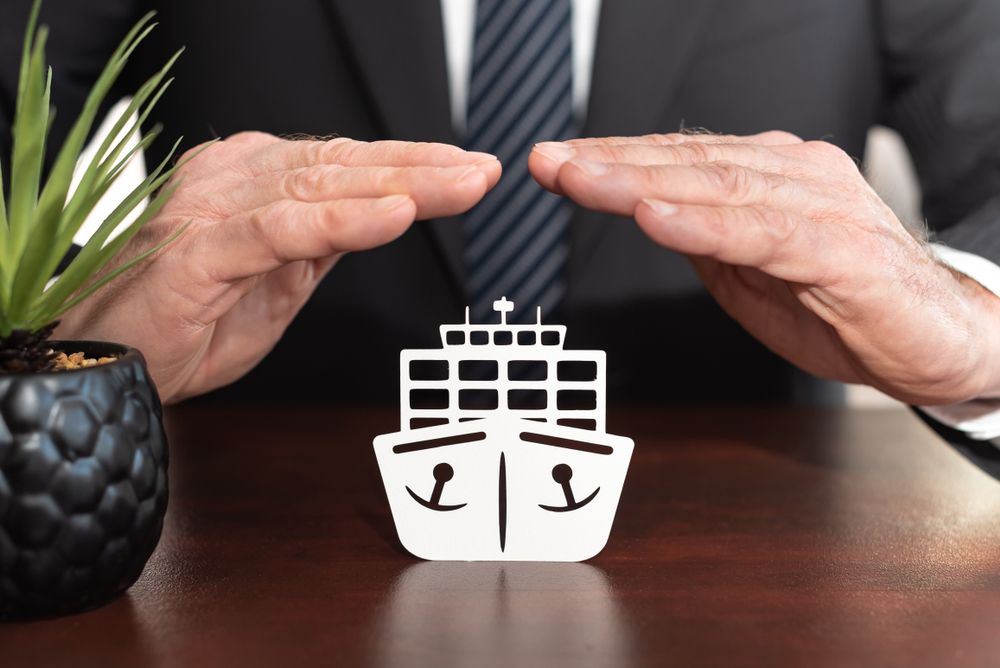
Navigating the open waters comes with a sense of freedom and adventure that is hard to find elsewhere. However, with this freedom comes a set of risks unique to maritime activities. Whether you are a seasoned sailor, a weekend warrior with a speedboat, or a commercial fisherman, understanding and obtaining the right marine insurance is crucial to protect your vessel and your financial security. Let us embark on a journey through the world of marine insurance, exploring the different types of coverage available and the importance of safeguarding your watercraft against the unexpected.
Understanding Marine Insurance: An Overview
Marine insurance is a type of insurance specifically designed to cover the loss or damage of boats, ships, cargo, terminals, and any transport by which property is transferred, acquired, or held between the points of origin and the final destination. It is a broad term that encompasses various forms of coverage, each tailored to meet the specific needs of watercraft owners and operators. Just like auto insurance is essential for car owners, marine insurance is a critical investment for anyone who spends time on the water.
The history of marine insurance can be traced back to the 17th century, where it was developed in London’s coffee houses, which later became the famous Lloyd’s of London. Since then, the industry has evolved, providing comprehensive policies that cater to a diverse range of maritime risks. From small personal watercraft to large ocean-going vessels, marine insurance offers a safety net against the perils of the sea.
Types of Coverage: Finding the Right Fit for Your Vessel
Marine insurance policies are as varied as the boats and watercraft they protect. The two main categories of coverage are “hull insurance,” which covers the boat itself, and “liability insurance,” which covers the legal obligations to third parties. Within these categories, several specific types of coverage can be tailored to the owner’s needs.
Hull insurance is akin to collision insurance for cars—it covers physical damage to your boat, whether from a collision, fire, or weather events. This type of insurance can be customized based on the value of the vessel, taking into account whether it’s a brand-new yacht or an older fishing boat.
Liability insurance, on the other hand, includes coverage such as protection and indemnity (P&I), which covers a boat owner’s legal liabilities to third parties, including damage to other boats, docks, and injuries to passengers or crew. It’s crucial for protecting yourself against potential lawsuits or medical expenses that may arise from accidents.
Navigating the Seas of Policy Options
Marine insurance policies can be as complex as the seas they’re meant to protect you on, with numerous options and endorsements that can be added. Some additional coverages that watercraft owners should consider include personal effects coverage, which insures against the loss of personal belongings on board, and uninsured boater insurance, which protects you if you’re involved in an accident with a boater who lacks proper insurance.
Another important consideration is “agreed value” versus “actual cash value” policies. Agreed value policies cover the boat based on a valuation agreed upon by both the owner and the insurer at the time the policy is written. In contrast, actual cash value policies take depreciation into account, meaning that in the event of a total loss, the payout would be based on the current market value of the vessel.
Riding the Waves of Risk: Why Insurance is Essential
The maritime environment is unpredictable, and even the most experienced captains can encounter unforeseen challenges. Storms, collisions, and groundings are just some of the risks that can result in costly repairs or legal proceedings. Without proper insurance, these incidents can lead to significant financial losses and even bankruptcy.
Marine insurance is essential for peace of mind. Knowing that your investment is protected allows you to enjoy your time on the water without the constant worry of potential disasters. Furthermore, in many cases, having marine insurance is not just prudent—it’s also a legal requirement. Many marinas and harbors require proof of liability insurance before allowing boats to dock, and some states and countries have specific regulations mandating insurance for certain types of vessels.
Charting a Course: Selecting a Marine Insurance Provider
Choosing the right marine insurance provider is as important as selecting the right coverage. When searching for an insurer, consider factors such as their financial stability, reputation in the industry, claims process, and customer service. It’s also beneficial to work with a company that has expertise in marine insurance, as they will be better equipped to understand the nuances of maritime risks and provide guidance tailored to your specific needs.
Don’t hesitate to ask for quotes from multiple insurers and compare the coverage options and premiums. Additionally, seek the advice of other boaters or maritime professionals—they can often share their experiences and recommend reliable insurance providers.
Marine insurance is a vital component of responsible boat ownership. It provides financial protection against a myriad of risks and ensures that your time on the water remains a source of joy, not anxiety. By understanding the different types of coverage available and selecting a reputable insurance provider, you can cast off with confidence, knowing that you and your vessel are well-protected. Remember, while the sea may be unpredictable, your safety and security on it don’t have to be.
